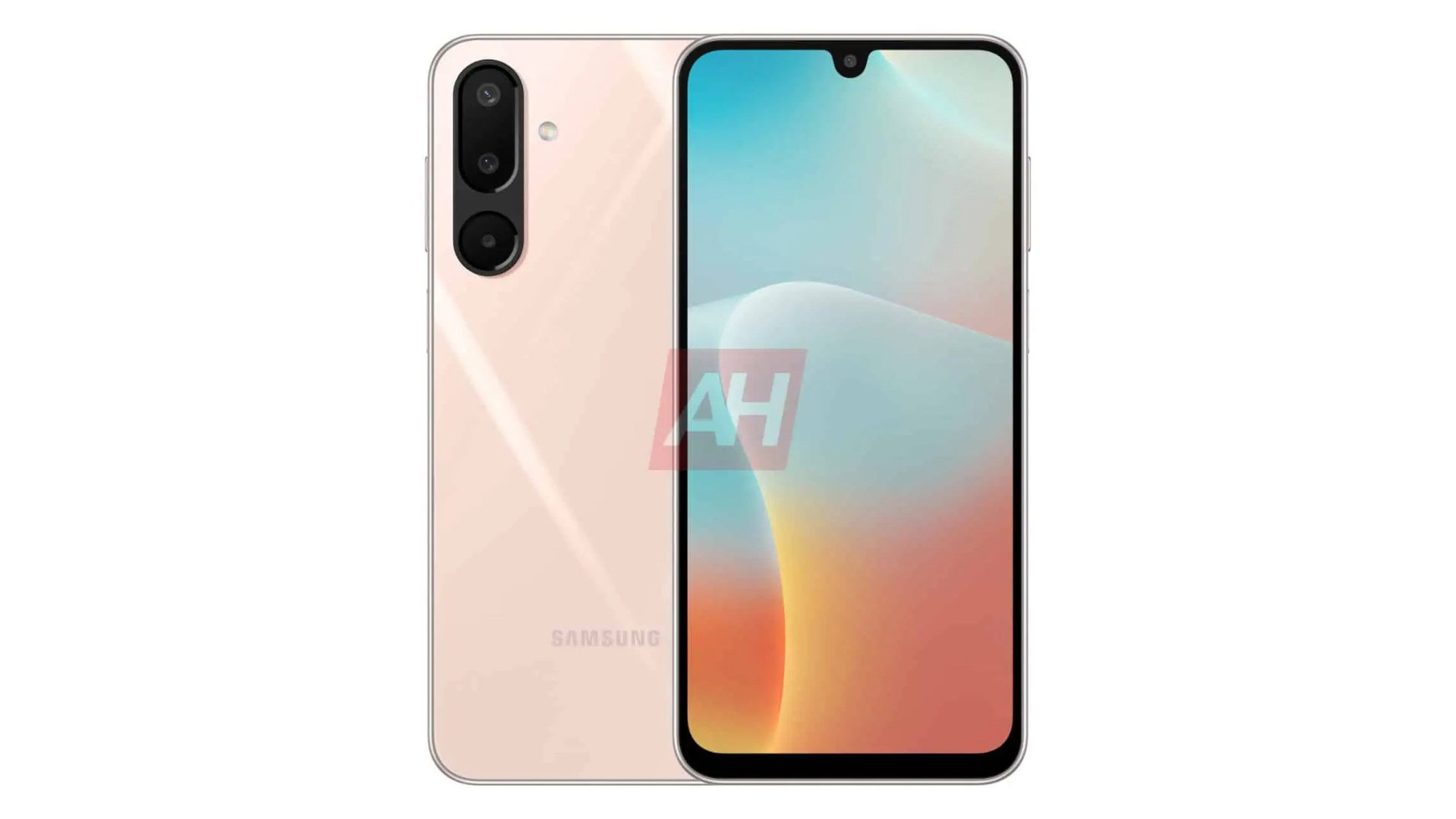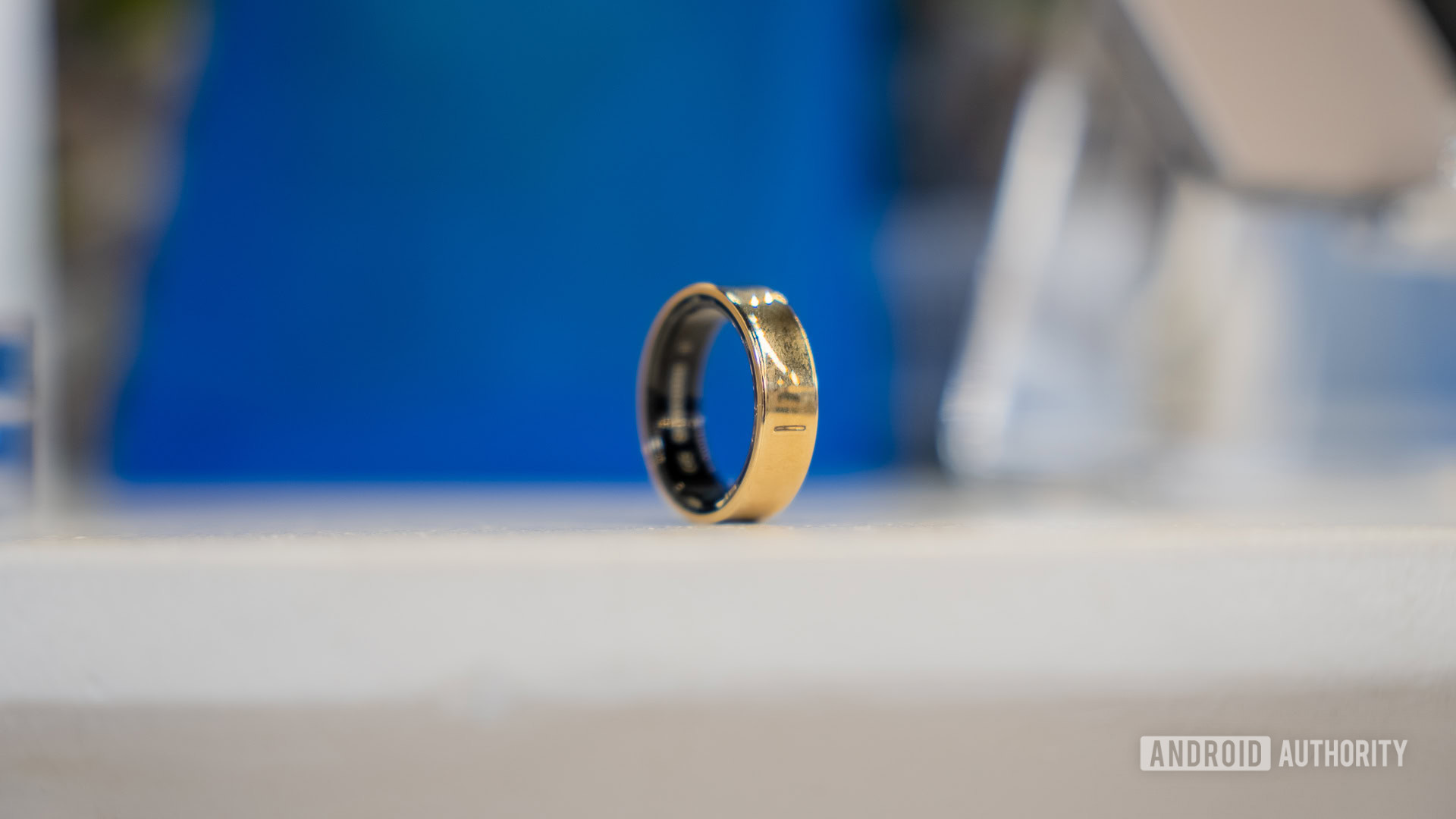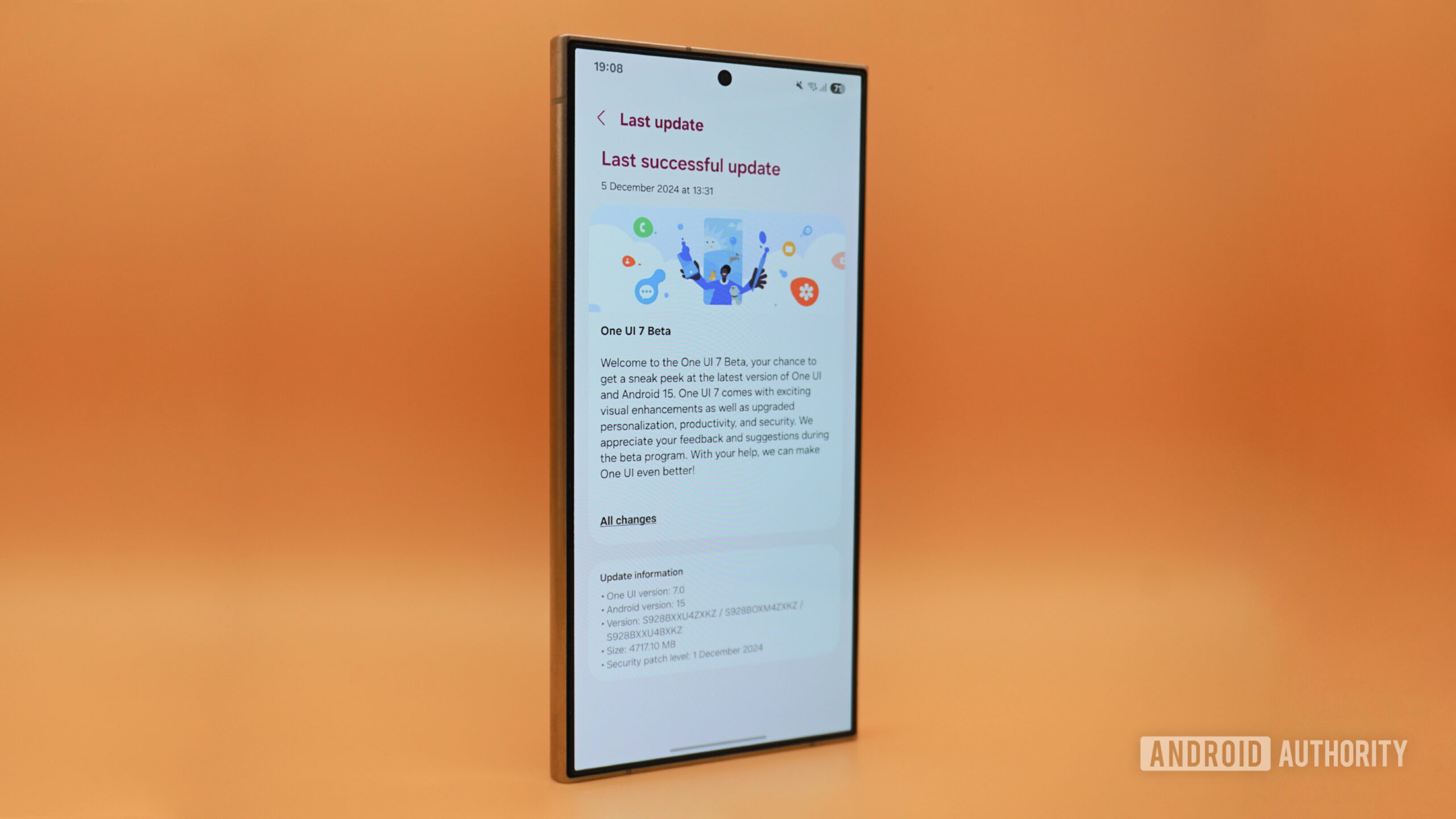Rita El Khoury / Android Authority
TL;DR
- Bluetooth Channel Sounding is a new feature of Bluetooth 6.0 that offers more secure and precise distance measurements between devices.
- Although the Bluetooth SIG just released the Bluetooth 6.0 specification this week, Google already added support for the feature in Android 15.
- This means upcoming devices with Bluetooth 6.0 support that run Android 15 will be able to use Channel Sounding.
When it comes to finding the location of objects without the help of satellites, ultra-wideband (UWB) is the best option for consumer hardware. But since very few devices are equipped with UWB radios, you’ll often have to make do with other, more ubiquitous short-range wireless technologies like Bluetooth. While locating objects over Bluetooth is possible, it’s also not very precise — but that’s what Bluetooth 6.0 and its new Channel Sounding feature are looking to solve. Even though the Bluetooth SIG just released the Bluetooth 6.0 specification this week, the latest version of Android already supports the new Channel Sounding feature.
Google released Android 15 earlier this week, and it ships with what seems like full support for this new mode. Channel Sounding, if you aren’t aware, enables Bluetooth devices to determine the presence, distance, and direction of other compatible Bluetooth devices. The feature enables measuring the distance between devices with an accuracy of 10-30cm, which is significantly more precise than the old method to estimate the distance between two Bluetooth devices — received signal strength indicator (RSSI). It’s also more practical than using angle of arrival (AoA) and angle of departure (AoD) to measure distance, as Channel Sounding doesn’t require multiple antennas to operate.
You don’t need to know the technical aspects of how Channel Sounding works to understand its potential benefits. Things like indoor pathfinding, proximity detection, item tracking, and digital car keys all stand to benefit from the widespread deployment of Channel Sounding, since Bluetooth is everywhere and doesn’t look like it’s going away anytime soon. If you’ve struggled to locate your Find My Device network item trackers, for example, that’s because your phone uses the imprecise RSSI method to locate them.
Rita El Khoury / Android Authority
Unfortunately, there aren’t any Bluetooth devices that support Channel Sounding yet. That’s because it’s only just been introduced as part of the Bluetooth 6.0 Core Specification, so you’ll need to either wait for new devices to ship with Bluetooth 6.0-certified chips (more likely) or for existing devices to roll out firmware updates that upgrade their Bluetooth code to support the Bluetooth 6.0 specification (very unlikely). In any case, you’ll be waiting months if not years for Channel Sounding to become a commonplace feature, but thankfully, you won’t have to wait for Android to support it.
That’s because Google has gotten a head start and baked support for Channel Sounding into Android 15. Android 15 already has hardware abstraction layer (HAL) APIs that Bluetooth chip drivers can interface with, framework APIs that system apps can access, and a sample app that platform developers can use to test the feature out. The flag that controls whether the Channel Sounding feature is enabled is itself enabled in the Android 15 QPR1 beta release, but again, there aren’t any devices out there yet (at least as far as I know) with Bluetooth chips that actually support Channel Sounding. And speaking of QPRs, Google is preparing even more Channel Sounding-related APIs for the 25Q2 Android update (i.e. Android 15 QPR3).
I’m personally really excited by the addition of Bluetooth Channel Sounding in the Bluetooth 6.0 specification. The feature appears to solve all the major pain points with using Bluetooth for distance measurements, making Bluetooth more viable for things like item tracking. UWB is amazing technology, but it’s not nearly as popular as Bluetooth is, so very few devices can take advantage of it. In contrast, you’d be hard pressed to find a mobile or IoT device without Bluetooth, which means Channel Sounding should have a big impact on many use cases like these once it’s widely available.
Got a tip? Talk to us! Email our staff at [email protected]. You can stay anonymous or get credit for the info, it's your choice.








 English (US) ·
English (US) ·